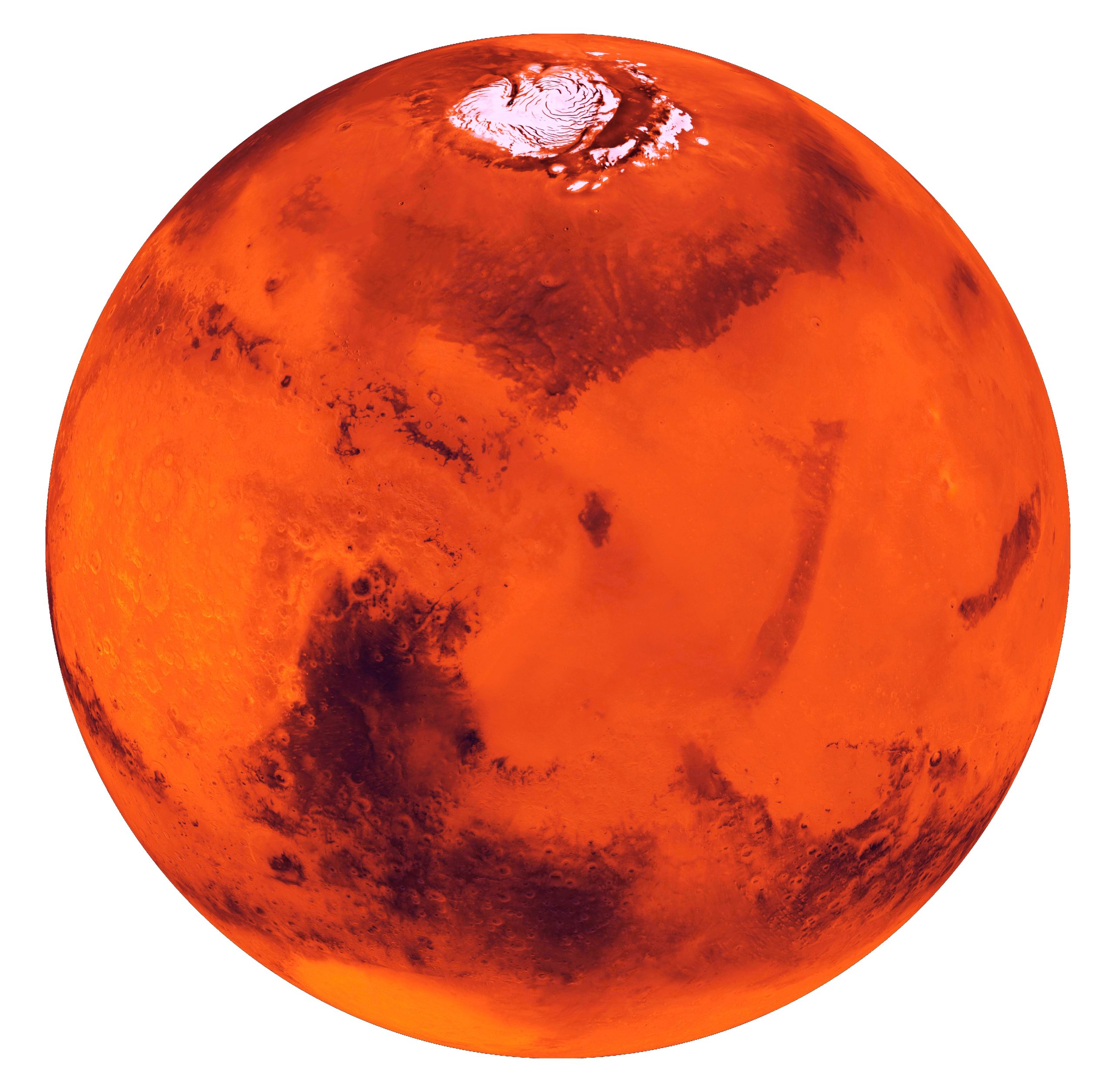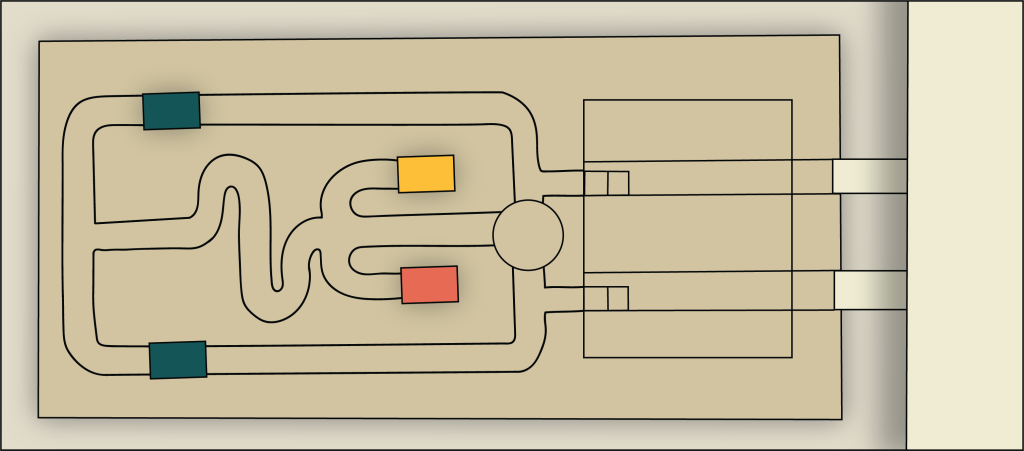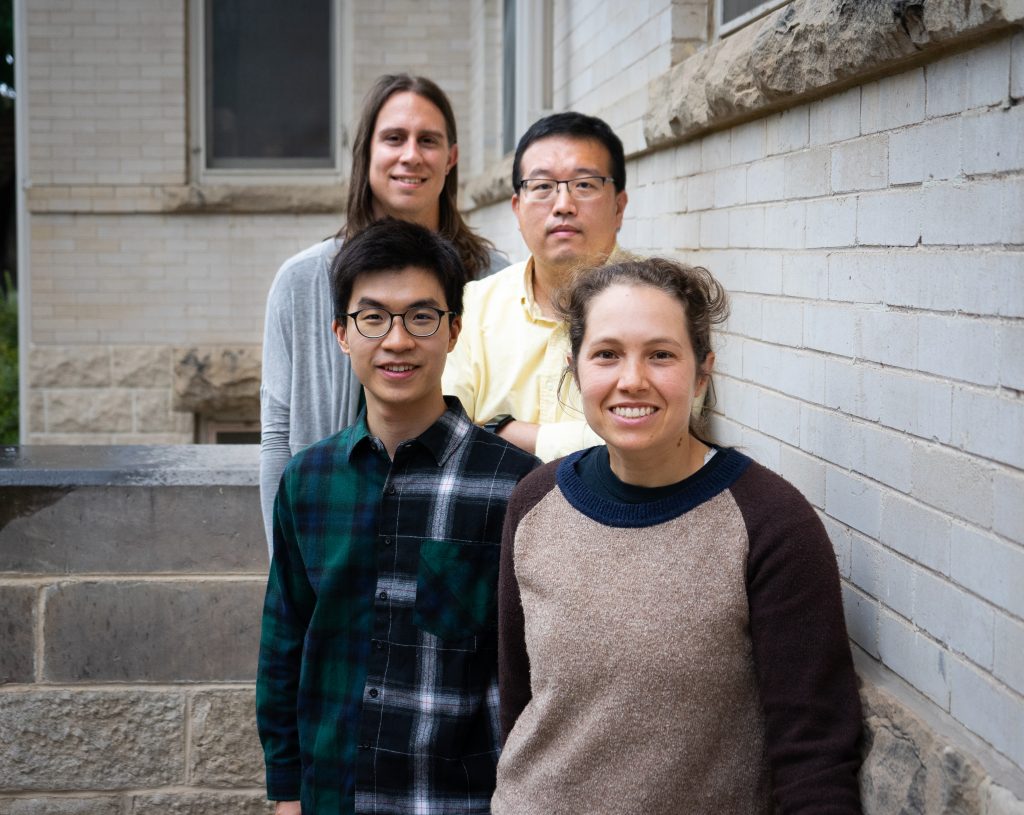Defending against potential Mars contaminants
As humanity continues to expand its territory through space exploration, CSU’s Eric Ross is working to ensure the safety of materials brought back from space – starting with the Mission to Mars.

Throughout history, there have been countless instances of infectious agents being introduced to new geographical areas through the transport of goods. One particularly devastating example of this occurred when a pathogen was introduced into Ireland’s potato crop, leading to a famine that caused mass starvation.
As humanity continues to expand its territory through space exploration, the National Aeronautics and Space Administration is partnering with Colorado State University and others to ensure the safety of materials brought back from space – starting with the Mission to Mars.

“The question is ‘how can we ensure that there are no contaminants brought back from Mars that could act as infectious agents on Earth,’” said Eric Ross, professor in the Department of Biochemistry and Molecular Biology.
Ross is an expert on prions, an infectious agent that uses misfolded proteins to spread disease in animals and plants. When ingested, prions, such as the ones that cause chronic wasting disease in deer and elk, introduce the misfolded protein into their host system and start corrupting neighboring proteins, causing them to misfold and perpetuate the disease. What is unique about prions is that, unlike bacteria and viruses that contain DNA or RNA, prions are incredibly hard to deactivate.
“For example, boiling has no detectable effect on prion infectivity, whereas most bacteria will die almost immediately,” said Ross.
The research that Ross is undertaking is to create systems that will inactivate prions as a model to use when bringing back space materials. While prions are the focus of the work due to their difficulty in inactivating, Ross cautions that we do not yet know what matter is present on Mars.
“I don’t think they are literally thinking that there will be prions on Mars that could come back to Earth,” said Ross. “But prions are the most difficult to inactivate infectious agents that we know of. And so, the theory is, basically, if we can create systems to inactivate prions, then we can inactivate anything.”



